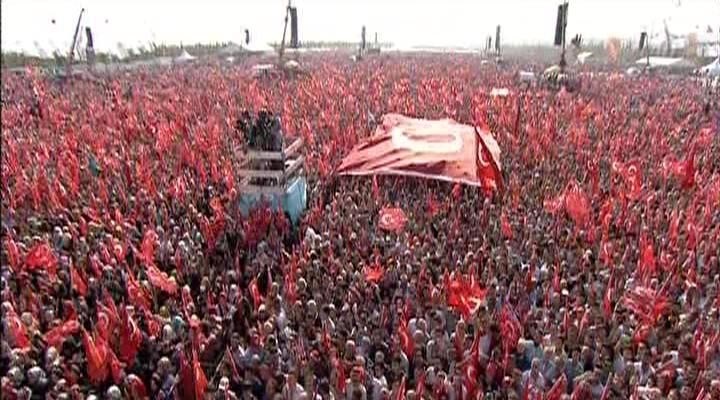Two pro-Kurdish ministers quit Turkish interim government
The HDP said in a statement on Tuesday that Minister for EU Affairs Ali Haydar Konca and Minister of Development Muslum Dogan had resigned.
The loss of lives among the “police, soldiers, guerrillas, women, children and the elderly”, Konca said, indicate the presidency and the ruling party AKP “send the message that this war will be continued on a larger scale”.
The HDP, which has 80 MPs, was the only opposition party that provided ministers to the election government headed by Turkish Prime Minister Ahmet Davutoglu.
Deputy Prime Minister Numan Kurtulmus condemned the departing ministers’ criticism of the government and president as “unacceptable”.
Violence between the PKK and Turkey’s military reignited this summer after the collapse of peace talks between the two sides.
Earlier, the Turkish air force targeted the Kurdish rebels, killing five insurgents in the Hakkari province.
The HDP insists it is has no formal links to the PKK but it is generally seen as defending Kurdish interests.
However, Erdogan lose no chance to mobilize his supporters before the upcoming snap elections set on November 1, calling Turks to vote for his AKP (Justice and Development Party) party and demanded 550 seats for one party in the rally, adding: “I want your historical decision and effort on Nov.1”.
Turkey’s ongoing two-month-old offensive against the PKK, is viewed with suspicion by Erdogan’s critics.
Erdogan provoked controversy after appearing to conflate the HDP and PKK in a speech at an “anti-terrorism” rally at the weekend, while claiming there was “no longer” a Kurdish problem in the country.
But polls show the AKP still struggling to win back voters.
The military has also carried out ground operations aimed at flushing the PKK out of majority Kurdish cities.
About 40,000 people have died in the PKK’s struggle for autonomy, met recently with a series of government-approved airstrikes on the Kurds’ camps near Iraq. Since then the group has narrowed its demands to greater autonomy and cultural rights.












